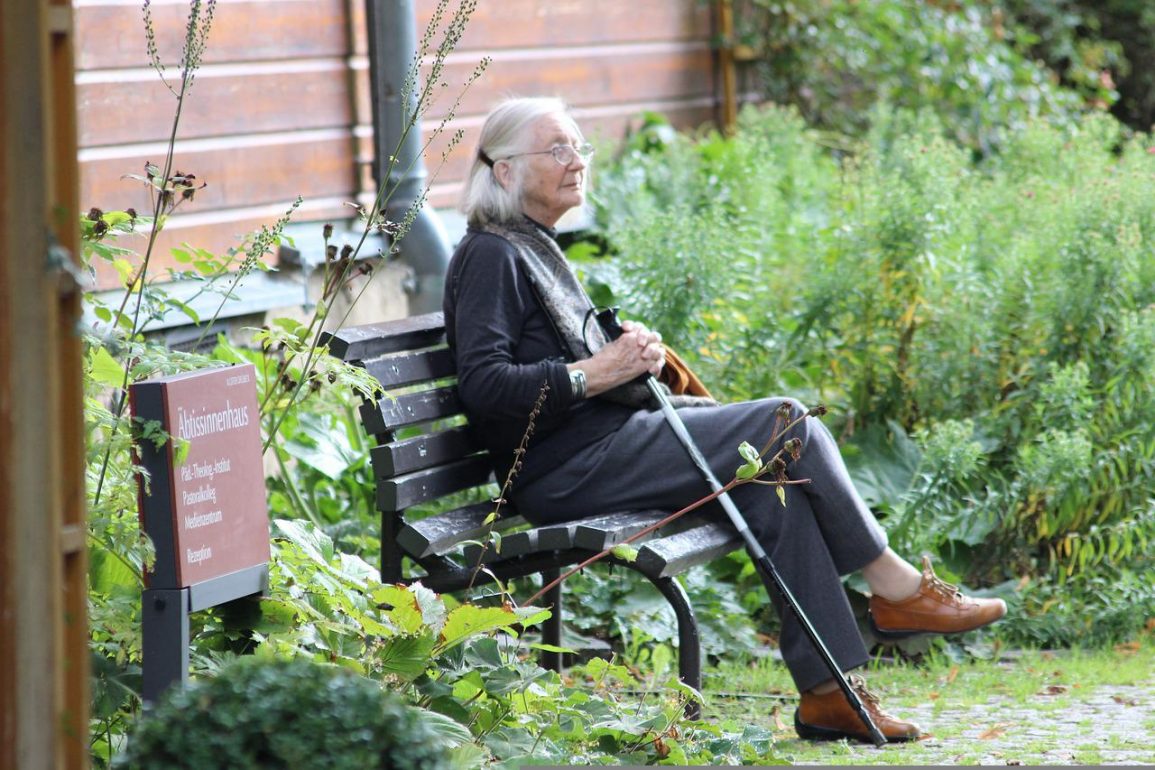Caring For An Elderly Parent: 7 Important Things to Think About – When you’re brought into the world, your parents are responsible for your upbringing and keeping you safe. As time moves on and your parents reach old age, the roles may reverse. If your elderly parent needs additional help, you may want to take over the reins and provide care and support.
Understandably, this is a huge task to carry on your shoulders. But, with the right knowledge, you can be confident you’re doing all you can to help them lead a good quality of life. Whether they stay in their home or move in with you, here are some important things to think about.
Assess Your Parent’s Needs
Caring for an elderly loved one can feel overwhelming. If you’re not exactly sure what needs to be done, take a step back from the situation and establish how much help your parent needs with day-to-day life. There are key areas to think about, such as medical needs, mobility, personal hygiene, and meal preparation. If your loved one has started to become forgetful or you’ve noticed a change in their behaviour, these may be signs of dementia. Obviously, only you will know your parent inside out, so you need to figure out what state of health they’re in before going any further.
Involve Your Parent
When you take the step to care for your elderly parent, they’re bound to feel nervous and anxious about the future. This means you need to keep communication lines open every step of the way. The last thing you should do is make any decisions without your parent’s consent. Whether you believe they require additional help at home, should move in with you, or even look into assisted living, make sure your parent has a say. Of course, if they have Alzheimer’s or dementia, they may not be sound of mind, but in other circumstances, giving them options is important.
Take Care of Home Safety Basics
If your elderly parent is fiercely independent, it’s understandable if they don’t want to leave their home. Should this be the case, there are actions you can take to ensure their property is safe for their health and wellbeing. These include installing handrails, removing slippery rugs, and updating lights so each room is bright, and switches can be easily accessed. You can also check out Adapt a Home which sells a range of disability equipment, disability aids, and mobility aids that could be fitted in your loved one’s home. These include stairlifts, fitted ramps, and a shower commode chair.
Get Outside Support
No matter what, you need to remember you’re not on your own when caring for an elderly parent. If you have other siblings, make sure to reach out to them. Regardless of whether they live nearby or not, you shouldn’t feel like you’re burdening others. You need to have a strong support network around you, otherwise, you could burn out. If you need respite, you should consider hiring healthcare professionals to step in and look after your parent while you have some time out. There are an array of options available to you, so use them to your advantage, rather than trying to take everything on yourself.
Establish Costs
We appreciate that you want to look after your ageing parent, but you need to understand it will come at a cost. If your loved one moves in, there is a range of expenses that must be added on top. Whether it’s food, clothing, or hygiene products, you need to factor in these expenses from the start. You may be able to get a carer’s allowance which can be a huge help, especially if you’ve had to cut back your hours at work or give up your job to look after your loved one.
Look After Yourself
With so much of your time and focus spent on ensuring your loved one is safe; it can be easy to forget about your own wellbeing and needs in the process. Remember, you still have a life to live, and your elderly parent will want you to do things you enjoy too. Being with your loved one 24/7, 7 days a week isn’t healthy. Make sure you have fun things to look forward to outside of your care duties. This may include taking up a hobby or catching up with friends.
Get Organised
It’s imperative that you’re organised from the beginning when caring for a loved one. There are endless tasks and duties you need to carry out each day. If your elderly parent needs to take medication, you must remind them to take it. Things can get overwhelming quite quickly, so getting into a routine and using a calendar to mark important events will help add more structure to your day.
If you believe it’s your duty to look after your elderly parent and you have the time, space, and resources to do so, following the advice above will ensure both you and your loved one are in a good place, and you have the right support around you.
Poppy Watt


